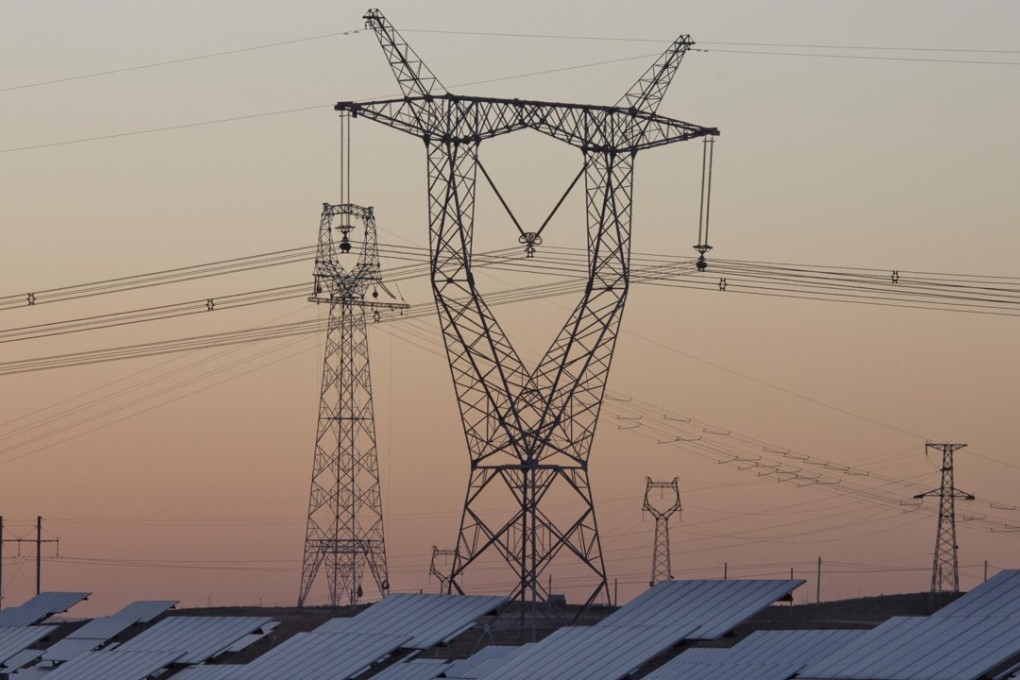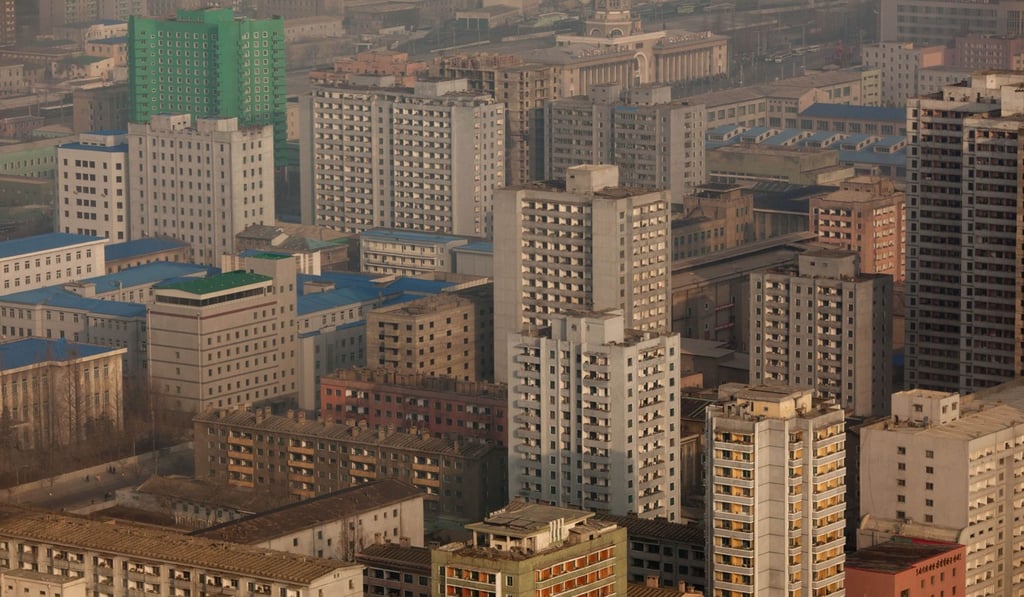Exclusive | China’s energy exports to North Korea plummet – but it’s not because of sanctions
Drop may partly be due to reclusive nation becoming more self-sufficient in producing its energy needs, analysts say

China’s energy exports to North Korea – including electricity and oil and gas products – have fallen sharply.
Experts said the drop may partly be due to Pyongyang becoming more self-sufficient in producing energy rather than the impact of sanctions to rein in its nuclear weapons programme.
Chinese customs data shows that electricity exports to North Korea in the second quarter of this year declined by 97.7 per cent, from 10,542,330 kilowatt-hours to 237,953 kilowatt-hours, compared with the same period in 2016.

Exports of oil and gas products declined by 56.2 per cent year in the same period, from just over 79,000 tonnes to nearly 35,000 tonnes. The products include compressed natural gas, petrol and aviation fuel.
Other Chinese exports to North Korea also fell in the second quarter, including concrete, down 61.3 per cent, and frozen beef, which fell 91.3 per cent.